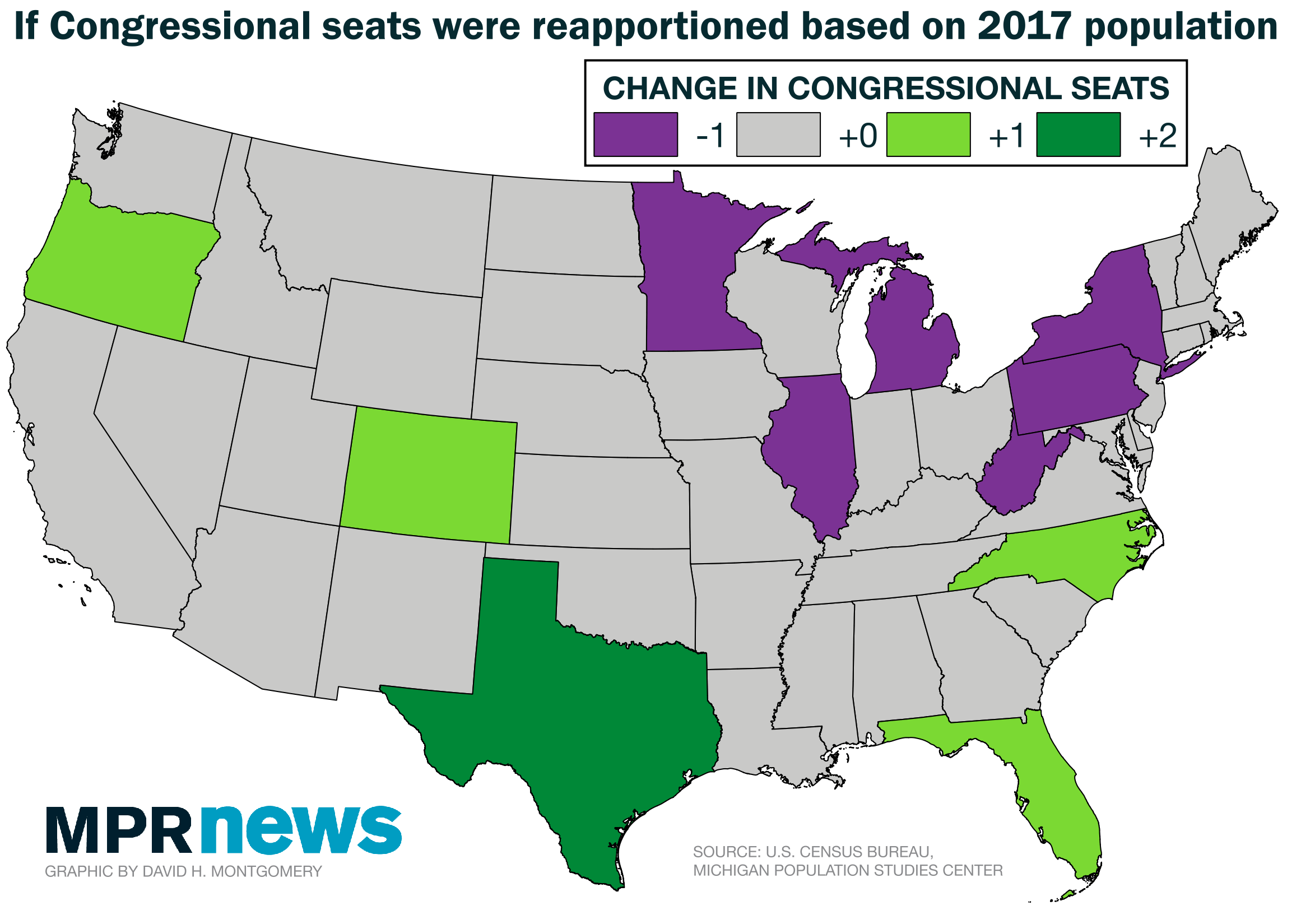Minnesota is at serious risk of losing seat in Congress

Go Deeper.
Create an account or log in to save stories.
Like this?
Thanks for liking this story! We have added it to a list of your favorite stories.








A verification code has been emailed to

Create an account or log in to save stories.
Thanks for liking this story! We have added it to a list of your favorite stories.